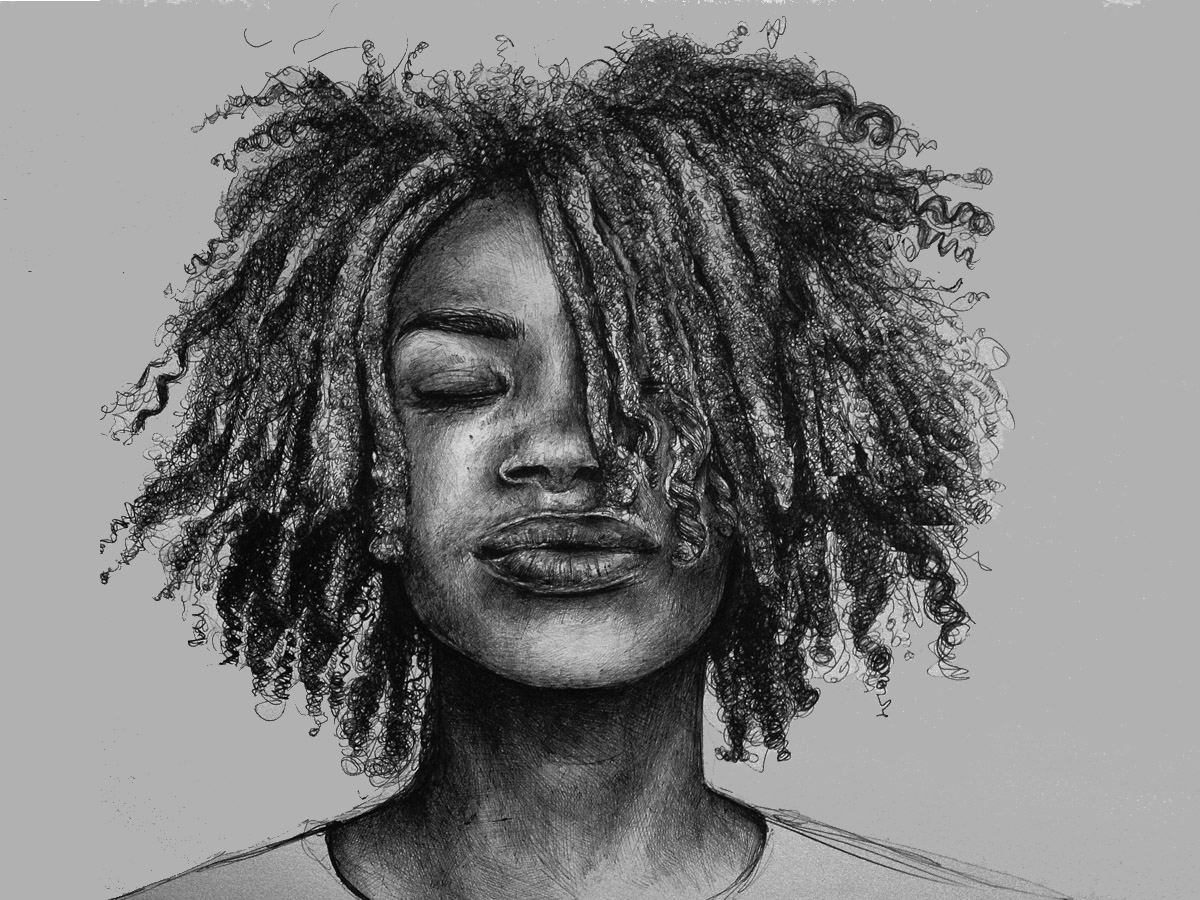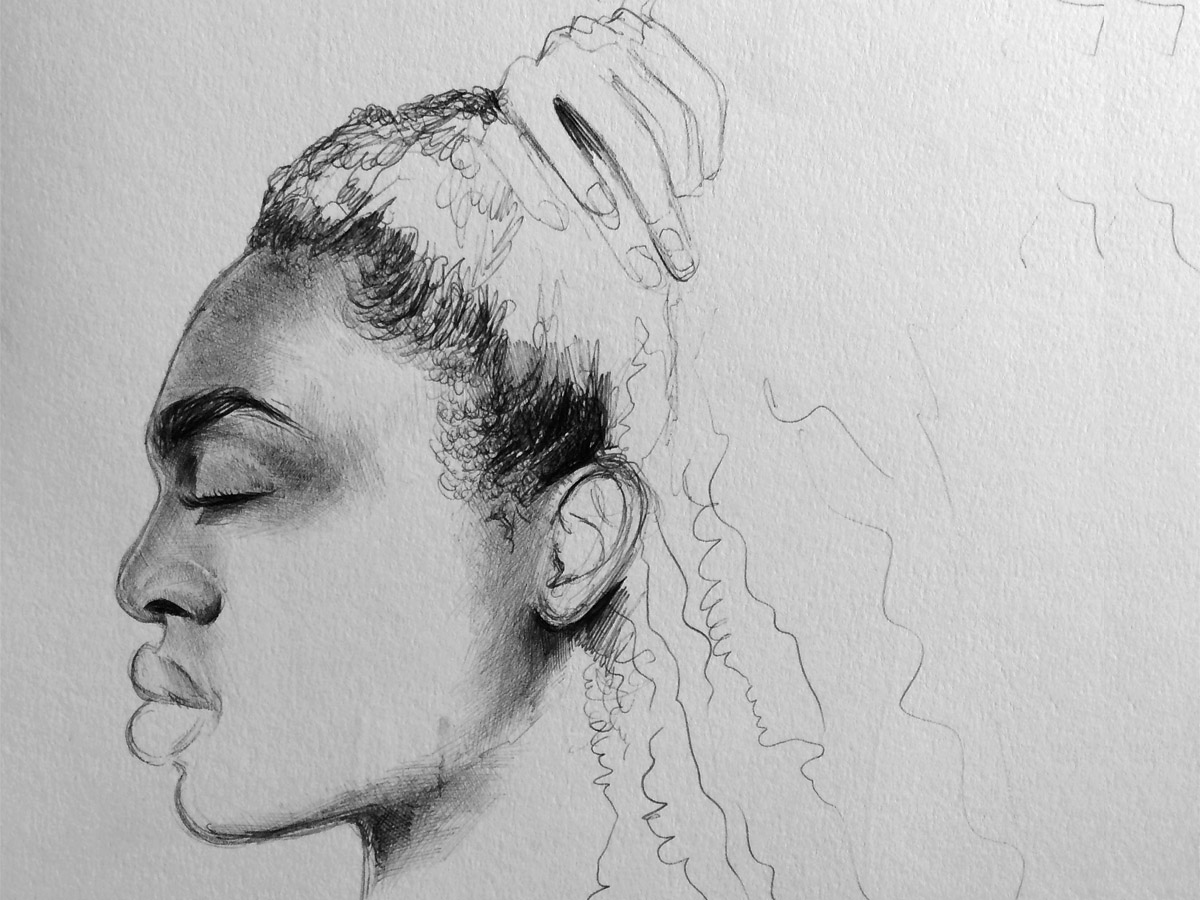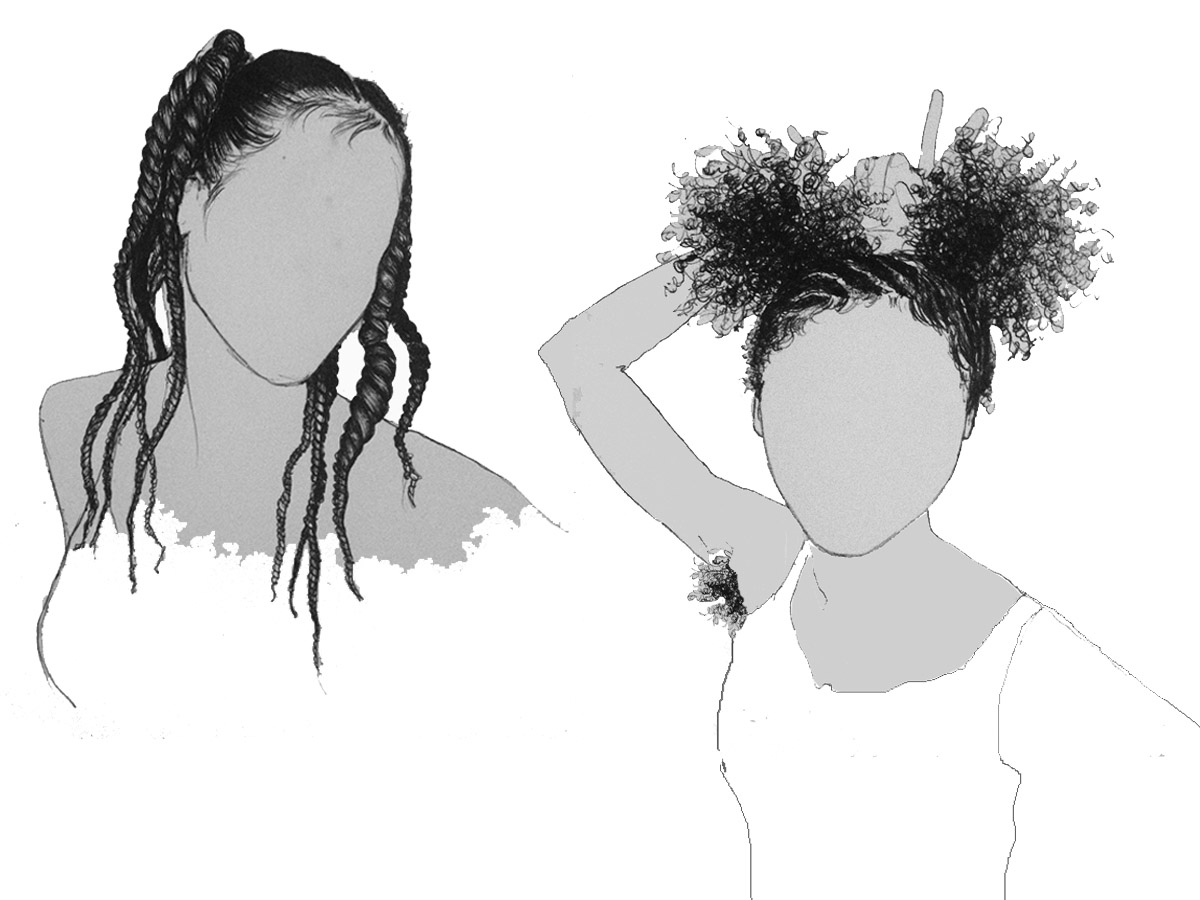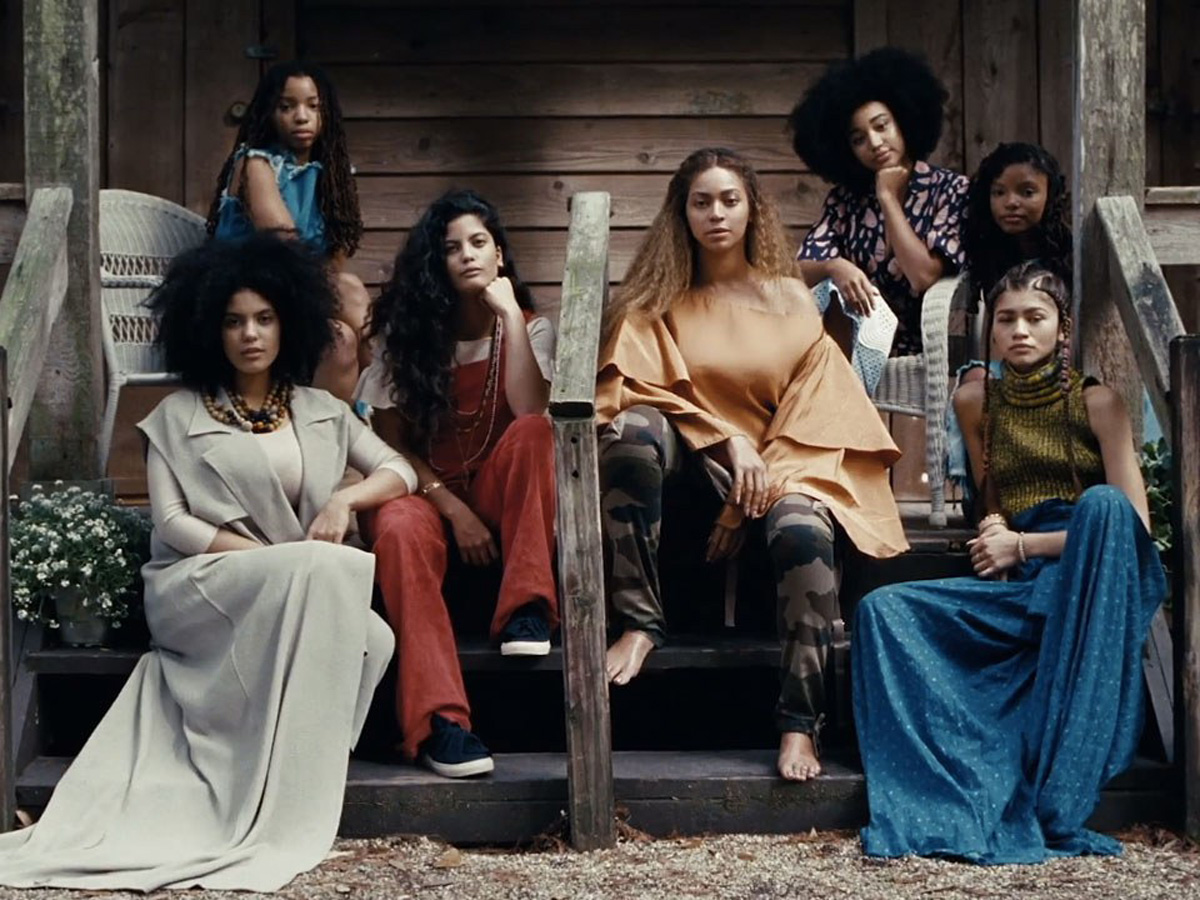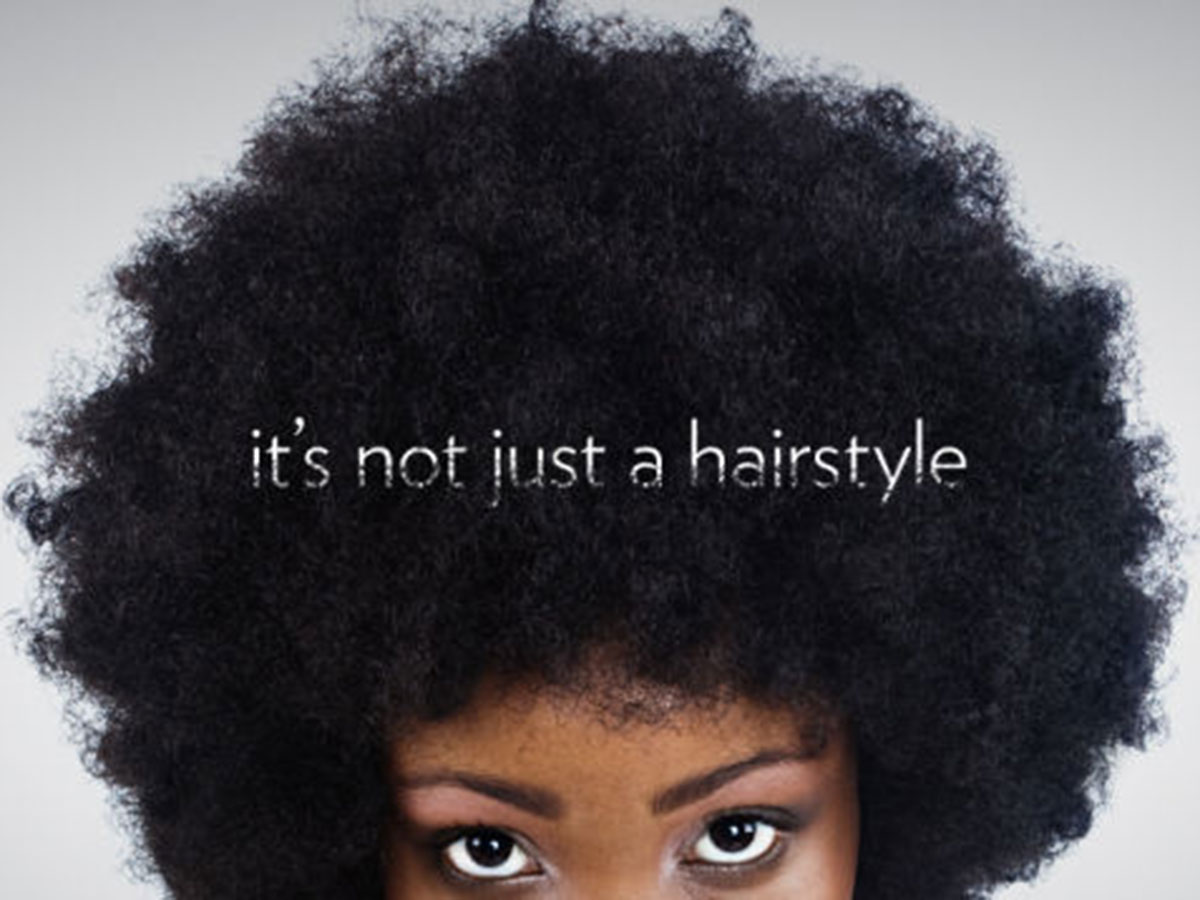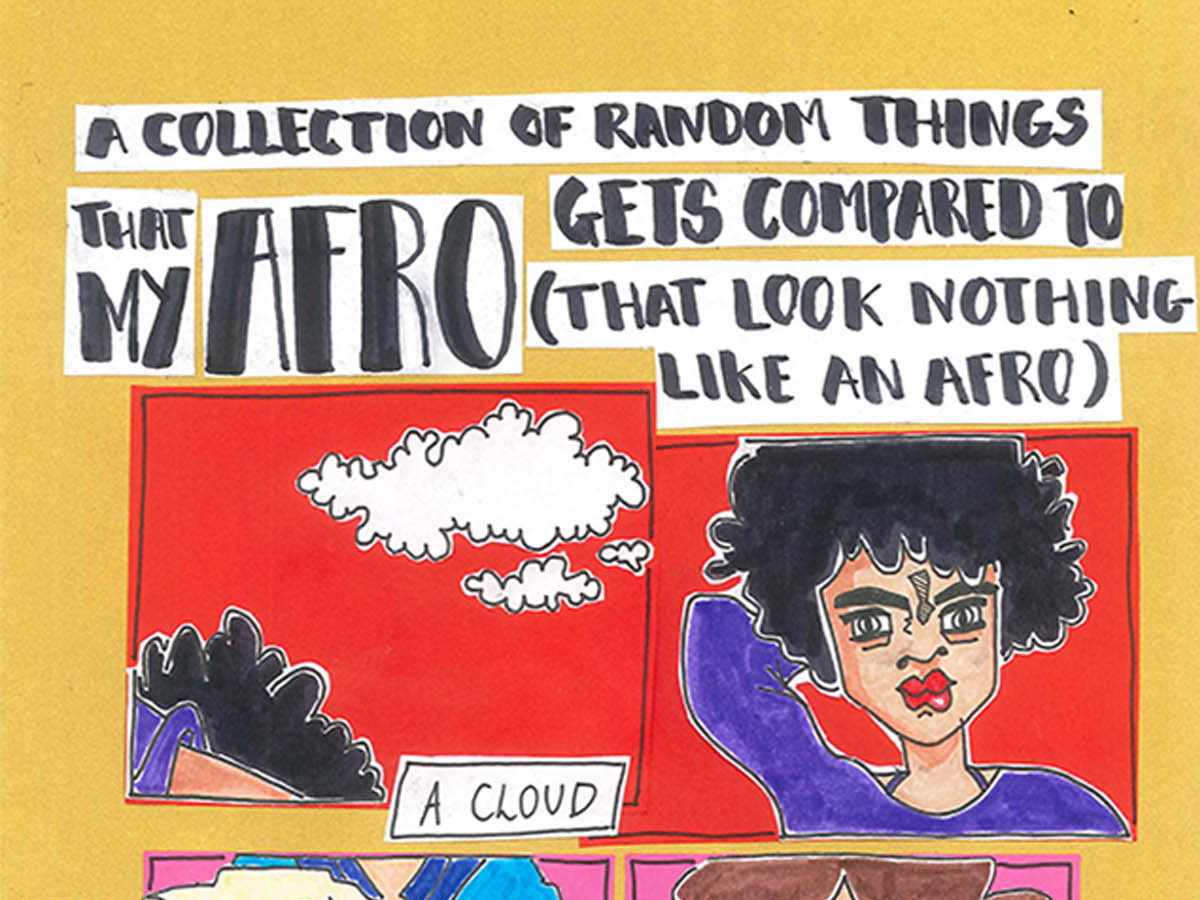From Curls To Coils: The Freedom Of Choice
Jasmine Thompson addresses social and political issues that around hair when you’re not white.
Hair is a big thing. Really, it is.
A woman’s hair is her confidence, her pride, her empowerment. However society’s view of beauty means we often find ourselves bombarded with a very westernised ideal of beauty. In recent years, we’ve seen young black girls be excluded from cheerleading competitions for having hair ‘too curly for competition’ and huge outcry over restrictions on black hair styles for people in the US army. It all seems so ridiculous, especially when you think that hair experience is a centre of pride and empowerment for men and women of all colours, and a door to a greater understanding in everyone.
There’s a very narrow-minded view of what beautiful is, let alone what defines beautiful hair when you’re not white.
There were countless times at my majority-white high school where grubby fingers ran uncomfortably through my curls, my hair snagging and resisting; where I was faced with a bombardment of questions as to why I didn’t straighten it. But ‘it would be so much easier’, it would ‘be so soft’, don’t worry because ‘I’ll do it for you’… how kind. It didn’t matter how many times I had this conversation, school friends just didn’t understand… why would i just leave it?
Whenever I hear about that societal pressure to make your body hair conform, because it is ‘too thick’ or in places it shouldn’t be, or it looks ‘unruly’, I think of ‘When A Man Tells Me I’m Beautiful’, a poem by Naina Kataria that went viral last year. She writes, ‘He doesn’t know of the hot wax and the laser whose only purpose is to replace your innocent skin with its own brand of womanhood’.
I think these constraints are partly down to a huge lack of representation; we rarely see anything other than a westernised ideal of beauty in the glossy pages of magazines, or in mainstream media and film.
It can take time to learn to love these things that you are routinely criticised for; particularly in regards to hair. Whether that be the societal pressure to remove body hair that is ‘too thick’ and in places it shouldn’t, or to wear ‘unruly’ natural hair in ‘neat’ styles far from how it naturally grows out your head.
My memories of confronting my own body hair date way back to the early stages of puberty and are something I’m still dealing with now. From carrying a razor in my bag if I knew I’d be staying at a friend’s house, so I could hack away at any fresh hair on my face, underarms and legs that may have wildly sprouted overnight; to spending hours before a night-out plucking strays from my face and neck one-by-one. Unfortunately I’m not Sally with the fine hair who works her fifteen strands of glittery armpit fluff; all dyed various shades of pink and purple. And finding women who are out there doing it for people of colour is not often come across. Aisha Mirza, a ‘radical brown hottie from London’, blogs all things black feminism, hair, and mental health, starting conversations around choice and mastering an ‘unapologeticness’ that destroys social constructs and boundaries. ‘Why I Don’t Shave My Hair’, a video posted by Youtuber Brittany Virginia Green reaches out to women of colour with regards to being black with body hair, and both gal-dem and youngcolouredandangry also address this issue, reinforcing the importance of being able to make your own choice.
Hair itself is often a mark of culture and heritage
The natural hair movement has gained incredible momentum in recent years, and with relaxers sales diminishing faster than a tub of coconut oil it sparks the question; why now? What’s shifted? Having black or mixed race hair in society comes hand-in-hand with a legion of prejudices and inequities.
Recently, Cree Ballah, a Zara shop employee, was slammed for wearing braids to work, which were deemed by the company as ‘too extreme’. She was quoted as saying, ‘My hair type is also linked to my race, so to me, I felt like it was direct discrimination against my ethnicity in the sense of what comes along with it’.
The natural hair movement encourages women with black hair to keep their natural afro-textured hair, expanding the beauty norms and empowering women globally. Tracey Ellis Ross, actor and founder of Hair Love campaign said, ‘I just really strongly promote pushing against this culture of perfection’ and hers is among many campaigns encouraging women to embrace their natural curl pattern. But now it’s often portrayed that to relax your hair is a symbol of ‘self-hate’ and oppression, which is just as detrimental. For many women, much of the hairstyles representing the movement, ‘soft spirals’ and ‘sleek corkscrews’, are unobtainable, so opting for a relaxed or texturised style is much more convenient. When did it stop being okay to relax your hair for style? Or because a woman feels more beautiful that way? Your choice is your own, and that’s what needs to be celebrated and encouraged.
Making decisions within these constraints which actually celebrate hair in all it’s forms and actually stand up and say, ‘This is me, this is my body; this is my hair’ are a powerful mark of self-acceptance, and so important for moving forward in pushing the boundaries of beauty. What it means to be empowered is an elaborate concept, but a mark of it is embracing the freedom to make your own choices.
Free, unapologetic, proud.
Everyone has a different story, so have your own experience with hair you want to share?
Tweet us at Rifemag or drop us a line on Facebook at Rife Magazine

